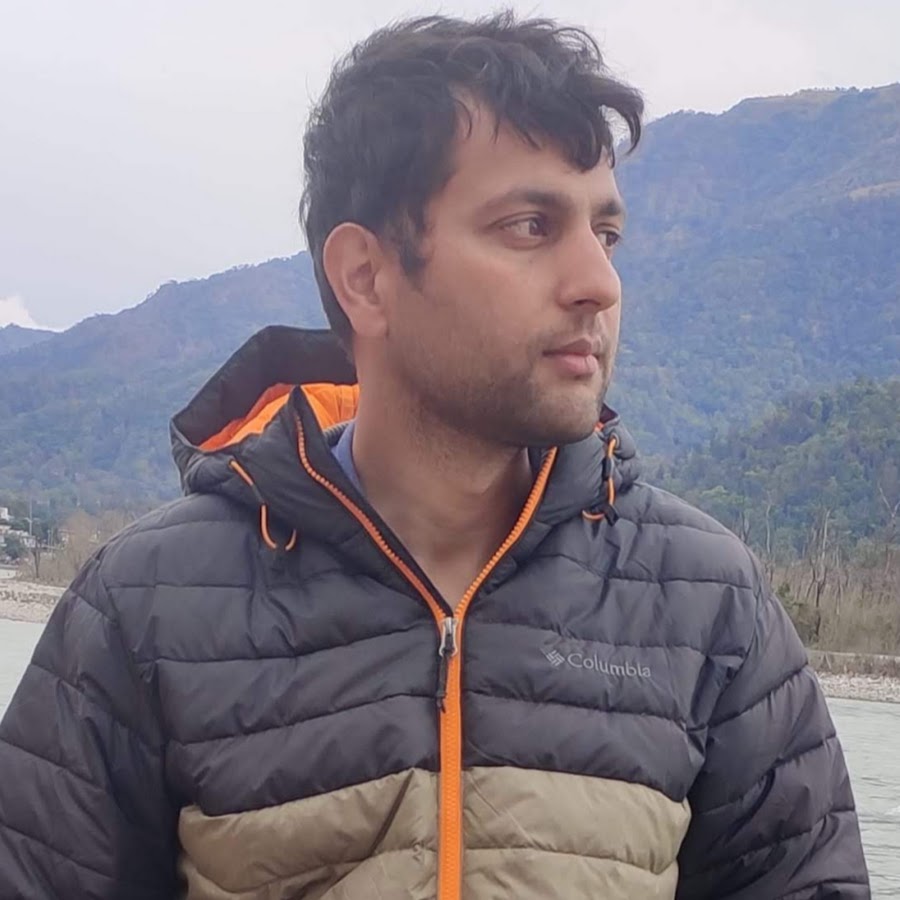Department of Geography
Introduction
Established as part of Government Degree College, Bhikiyasain (Almora)—founded on 2 August 2006—the Department of Geography offers a robust undergraduate (BA/BSc) program. Courses encompass both physical and human geography, enriching students’ understanding of geographical phenomena through theoretical knowledge and field exposure Bhikiyasain College.
Department In-Charge
Dr. Paritosh Upreti, Assistant Professor, currently leads the department, guiding its academic and outreach initiatives with dedication.
Vision
To cultivate geographically literate and environmentally conscious graduates who can critically engage with region-specific challenges—such as mountain development and rural sustainability—and emerge as responsible citizens and informed planners.
Mission
-
Deliver comprehensive undergraduate education in geography, combining physical, human, environmental, and regional geography.
-
Foster analytical thinking by integrating tools like remote sensing and GIS to study landforms, environmental degradation, and spatial planning.
-
Provide experiential learning through field-based practicals and exposure to the diverse landscapes of Almora and surrounding hilly terrain.
-
Cultivate environmental stewardship, enabling students to understand and actively participate in the sustainable development of the region.
-
Promote research and innovation, encouraging students to undertake projects relevant to mountain geography, disaster management, and ecological conservation.
-
Strengthen community engagement, leveraging geographical insights to support local planning, development, and sustainable livelihood initiatives.
Goals & Objectives
-
Academic Excellence
-
Deliver a well-rounded curriculum that covers physical geography (landforms, geomorphology), human geography, regional planning and development, environmental geography, rural development, and disaster management.
-
-
Field and Practical Exposure
-
Integrate field trips, hands-on practical sessions, and immersive experiences that deepen students’ observational and analytical skills.
-
-
Technological Integration
-
Employ modern techniques, including remote sensing and GIS, for analyzing landscapes and environmental dynamics—reflecting best practices seen at similar institutions Rajkiya Mahavidyalaya Chinyalisaur.
-
-
Contextual Relevance
-
Orient the curriculum around local realities—Almora’s Himalayan terrain, ecological systems, and socio-cultural dynamics—to ensure education remains anchored in regional relevance.
-
-
Research Orientation
-
Encourage undergraduate research projects on topics such as land-use change, sustainable mountain development, ecotourism, and rural resource management.
-
-
Sustainability & Environmental Awareness
-
Instill eco-friendly values and an understanding of the fragile mountain ecosystems among students, emphasizing conservation in regional development.
-
-
Skill Development & Employability
-
Equip students with transferable skills—cartography, spatial data handling, analytical writing, and critical reasoning—that support career pathways in academia, planning, environmental consultancy, local governance, and further studies.
-
-
Collaborations & Outreach
-
Facilitate linkages with local administration, NGOs, universities, and research institutions to enrich teaching, fieldwork, and enhance the department’s societal contribution.
-
-
Continuous Evaluation & Enhancement
-
Regularly assess curriculum effectiveness, teaching methods, infrastructure adequacy, and gather student feedback to ensure quality and relevance.
-
Department Profile Overview
| Aspect | Description |
|---|---|
| Program Offered | Undergraduate BA/BSc in Geography |
| Focus Areas | Physical, Human, Environmental, Regional Geography; Rural Development; Disaster Management |
| Special Features | Integration of remote sensing and empirical fieldwork; focus on local geography and sustainability |
